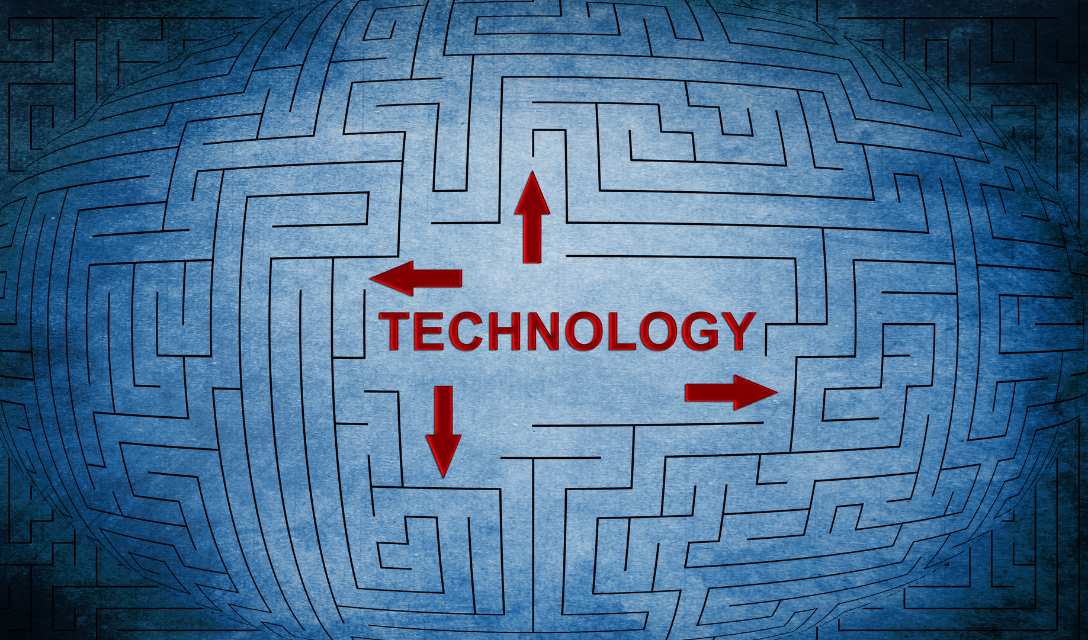In the face of rapid technology innovation, the dynamic shift towards remote working, burgeoning ESG (Environmental, Social, and Governance) initiatives, and the sweeping influence of AI, mid-market businesses find themselves at the crossroads of change. While large enterprises might have the resources to smoothly transition and startups may be nimble enough to pivot, mid-market businesses often face unique challenges in adapting to these shifts. If left unaddressed, the repercussions can hinder growth, curtail productivity, and even threaten survival.
1. Rapid Technological Innovations
Challenges: Keeping up with the pace of technology can be daunting. For mid-market businesses, it means constantly updating their tech stack, training employees, and revising business models to stay competitive. There's a fine line between adopting every new tech trend and being left behind.
Impact: Failure to integrate relevant technological innovations can lead to decreased market share, operational inefficiencies, and an inability to attract top talent.
2. The New Remote Working Paradigm
Challenges: The pandemic led to a seismic shift in the way businesses operate, pushing many to adopt remote work. While there are clear benefits to this model, mid-market companies often grapple with maintaining corporate culture, ensuring data security, and providing necessary resources for remote operations.
Impact: A poorly managed remote work model can lead to decreased employee morale and productivity. Additionally, there's a risk of data breaches and loss of competitive edge if companies can't offer the flexibility employees now seek.
3. The Rise of ESG Initiatives
Challenges: There's growing pressure from investors, consumers, and regulators for businesses to embrace ESG initiatives. However, mid-market firms might struggle with the financial and operational aspects of implementing sustainable practices.
Impact: Beyond the ethical implications, neglecting ESG can result in loss of investor confidence, potential regulatory fines, and a diminished brand reputation in a world where consumers increasingly favor socially responsible businesses.
4. AI and its Omnipresence in Business
Challenges: AI has started permeating every business function, from marketing to operations. For mid-market businesses, the challenge lies in harnessing AI effectively – this requires investment in both technology and talent.
Impact: Mid-market businesses that shy away from AI risk falling behind in terms of operational efficiency, customer experience, and decision-making prowess. This can result in lost revenue opportunities and an inability to compete in a data-driven world.
In Conclusion
While the challenges are many, they are not insurmountable. For mid-market businesses, the key lies in strategic planning, timely adoption, and continuous learning. Partnering with StarSevenSix can offer tailored solutions to navigate these challenges, ensuring that your business not only survives but thrives in this dynamic landscape.

